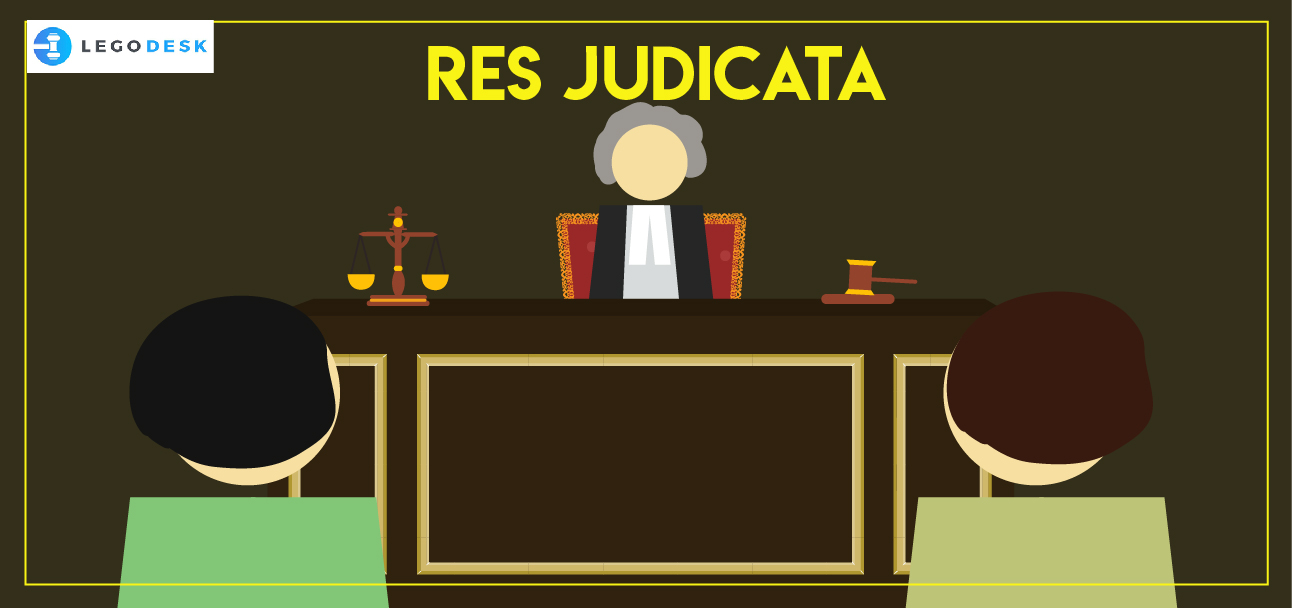Res judicata (Sec 47, Rule 39)
Res judicata is defined as a matter adjudged; a thing judicially acted upon or decided; or a thing or matter settled by judgment. Under this rule, a final judgment or decree on the merits by a court of competent jurisdiction is conclusive as to the rights of the parties or their privies in all later suits, and on all points and matters determined in the former suit.[1]
The concept of res judicata is embodied in Section 47(b) and (c) of Rule 39 of the Rules of Court, which reads: Res judicata requires the concurrence of the following requisites: (1) the former judgment must be final; (2) it must have been rendered by a court having jurisdiction of the subject matter and the parties; (3) it must be a judgment on the merits; and (4) there must be, between the first and second actions (a) identity of parties, (b) identity of subject matter, and (c) identity of causes of action.[2]
Res judicata requires the concurrence of the following requisites: (1) the former judgment must be final; (2) it must have been rendered by a court having jurisdiction of the subject matter and the parties; (3) it must be a judgment on the merits; and (4) there must be, between the first and second actions (a) identity of parties, (b) identity of subject matter, and (c) identity of causes of action.[2]
The concept of res judicata is embodied in Section 47(b) and (c) of Rule 39 of the Rules of Court, which reads:
SEC. 47. Effect of judgments or final orders. — The effect of a judgment or final order rendered by a court of the Philippines, having jurisdiction to pronounce the judgment or final order, may be as follows:
(a) In case of a judgment or final order against a specific thing or in respect to the probate of a will, or the administration of the estate of a deceased person, or in respect to the personal, political, or legal condition or status of a particular person or his relationship to another, the judgment or final order is conclusive upon the title to the thing, the will or administration, or the condition, status or relationship of the person; however, the probate of a will or granting of letters of administration shall only be prima facie evidence of the death of the testator or intestate;
(b) In other cases, the judgment or final order is, with respect to the matter directly adjudged or as to any other matter that could have been raised in relation thereto, conclusive between the parties and their successors in interest by title subsequent to the commencement of the action or special proceeding, litigating for the same thing and under the same title and in the same capacity; and,
(c) In any other litigation between the same parties or their successors in interest, that only is deemed to have been adjudged in a former judgment or final order which appears upon its face to have been so adjudged, or which was actually and necessarily included therein or necessary thereto.
 Res judicata requires the concurrence of the following requisites: (1) the former judgment must be final; (2) it must have been rendered by a court having jurisdiction of the subject matter and the parties; (3) it must be a judgment on the merits; and (4) there must be, between the first and second actions (a) identity of parties, (b) identity of subject matter, and (c) identity of causes of action.[2]
Res judicata requires the concurrence of the following requisites: (1) the former judgment must be final; (2) it must have been rendered by a court having jurisdiction of the subject matter and the parties; (3) it must be a judgment on the merits; and (4) there must be, between the first and second actions (a) identity of parties, (b) identity of subject matter, and (c) identity of causes of action.[2]
[1] Chu v. Cunanan, G.R. No. 156185, September 12, 2011.
[2] Allied Banking Corporation v. Court of Appeals, G.R. No. 108089, January 10, 1994.
0 Comments